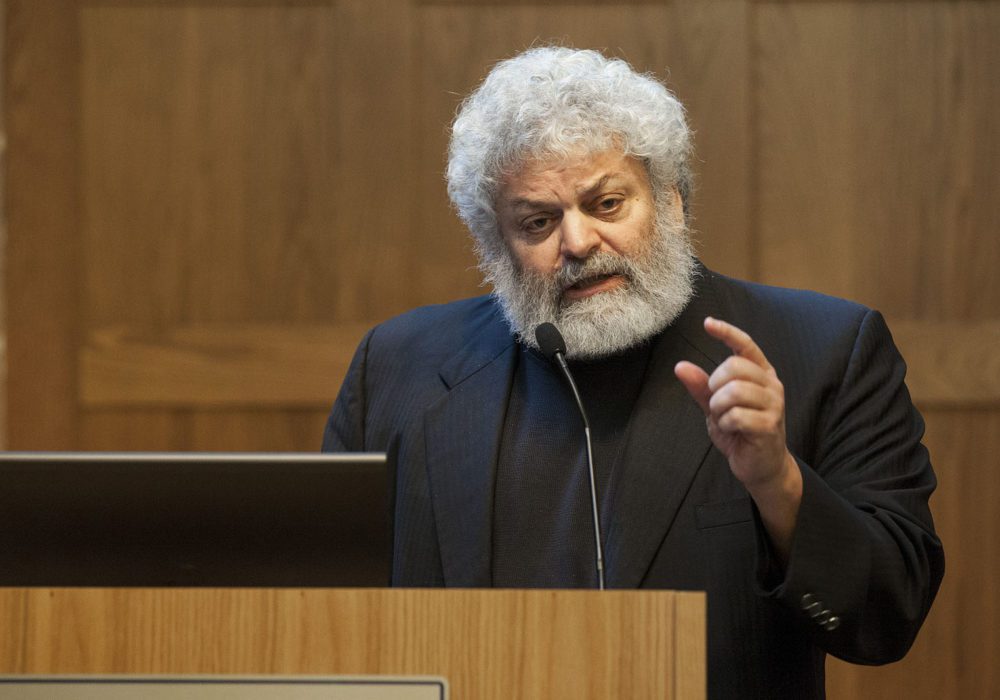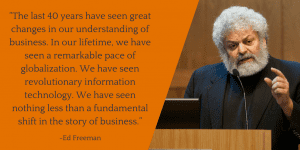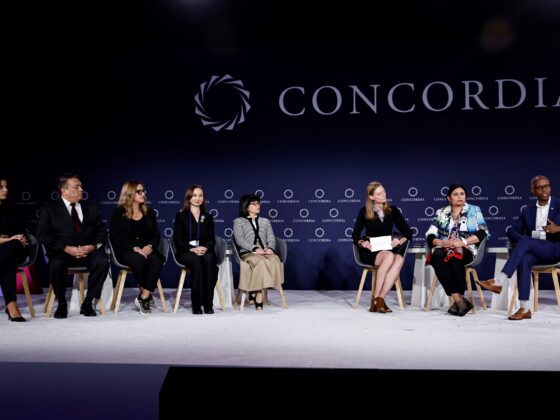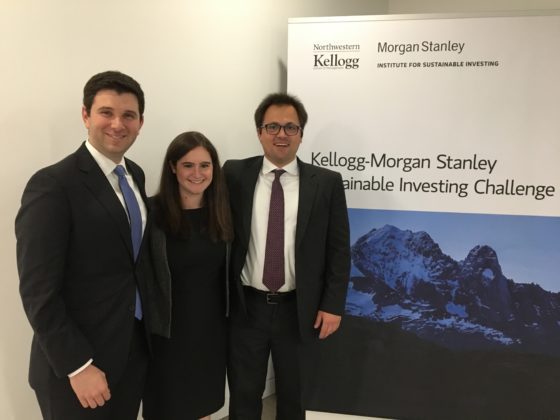By Esther Jan
Commonly referenced as the foremost scholar on stakeholder theory and business ethics, Professor R. Edward Freeman is perhaps best known for his award-winning book, Strategic Management: A Stakeholder Approach, first published in 1984 and reissued in 2010 by Cambridge University Press. Contrary to the traditional view of a company – the shareholder view – that assumes that only the owners or shareholders of the company are important, Freeman proposed in this book the then-novel idea of stakeholder theory – that good management should be based on relationships with all stakeholders: including employees, customers, suppliers and communities.
Freeman’s revolutionary idea had a tremendous impact on the field of business, and has helped to reshape our understanding of the roles and responsibilities of businesses and business leaders. Since Freeman published his seminal book, there has been a growing emphasis on corporate social responsibility and sustainability, where businesses and business leaders are encouraged to have a positive impact on their stakeholders and the planet. As a result of Freeman’s work, the idea of “shared value” is also now widely promoted, as he says, “where economic value and social value are seen as going hand-in-hand.” Before Freeman’s landmark book, this was not the case.
As a recent Verizon Visiting Professor in Business Ethics at Bentley University’s W. Michael Hoffman Center for Business Ethics, Freeman discussed the need for a “new narrative about business” – one that promotes managing for stakeholders. Freeman describes the “old story of business” as an outdated model built on hierarchy and power which views the sole responsibility of business executives as maximizing profits for shareholders – often putting profits over people. In his lecture, The New Story of Business: Towards a More Responsible Capitalism, Freeman explains why the “old story of business” does not work anymore in our ever-more interconnected and interdependent world.
So what is wrong with the “old story?” Freeman proposes three faults with the outdated business narrative:
- Profits aren’t the purpose of business. As Freeman states, “While there are many businesses that have come to see making money for their ‘owners’ as the main purpose of their business, most of these businesses didn’t start out this way…Most entrepreneurs start their companies because, in John Mackey’s words, ‘they are on fire about their business idea.’”
- Business ethics isn’t a contradiction. Freeman explains that “Adam Smith knew how important ethics was to business…Indeed, Smith makes it clear that without a sense of justice, markets just won’t work very well at all.”
- People are complicated. As Freeman observes, “There is ample scientific evidence that human beings are not the rational economic beings that much of our economic and business theory assumes. We’re not always driven by extrinsic if-then rewards. We want to be engaged in doing something that has meaning and purpose…Human beings are more complex than the dominant story would have us believe.”
Freeman’s proposed “new story of business” emphasizes the idea of responsible capitalism, where businesses are driven not just by profits, but by purpose, values, and ethics. He cites as examples of this type of capitalism many successful businesses such as Nestle, Just Capital, and prominent business leaders such as Bill Gates, John Mackey and Steve Jobs.
Freeman argues, “Whichever brand or brands that ultimately become the rallying cry on which this conceptual revolution will be based, the brand will have to be based on a sense of purpose and ethics that is as central to the new narrative as profit is to the old one.”
Read more about Freeman’s new story of business in The New Story of Business: Towards a More Responsible Capitalism.
This is the second of three blogs on Ed Freeman and The New Story of Business. Read the first blog, Professor Ed Freeman Named ‘Hero of Conscious Capitalism’, and please check back for future posts on this topic.






